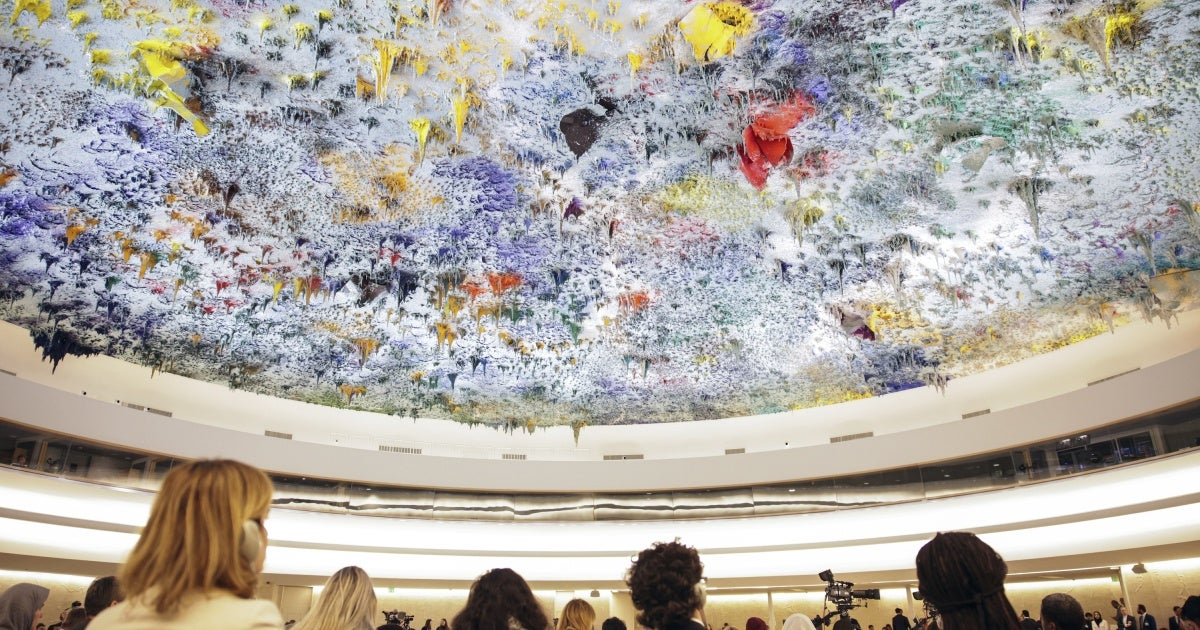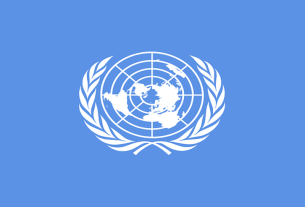Today the UN Human Rights Council firmly rejected Eritrea’s attempt to end scrutiny of its human rights situation. Council members decisively voted down the Eritrean government’s resolution to end the mandate of the UN special rapporteur on the situation of human rights in Eritrea and instead renewed the mandate for another year.
This vote – with 25 states voting against the resolution and only 4 in favor – sends an important message that the international community is not fooled by Eritrea’s efforts to distract from, and discredit, independent human rights reporting on the country’s dire rights record.
The resolution Eritrea presented claimed that “gaps in the promotion and protection of human rights in Eritrea are not systemic,” and “like other developing countries,” Eritrea simply faces “capacity constraints” when it comes to human rights protection.
The special rapporteur’s reporting, which shines a much-needed spotlight on a devastating reality, begs to differ.
Presenting his latest report to the Council in June, the special rapporteur highlighted the lack of progress on accountability ten years after the publication of the landmark report of the UN Commission of Inquiry on Eritrea, which concluded that “systematic, widespread and gross human rights violations […] committed in Eritrea under the authority of the Government […] may constitute crimes against humanity.”
The special rapporteur’s report noted that arbitrary detentions and enforced disappearances remained widespread and systematic, and that freedom of religion remains severely restricted, among other serious abuses. It also voiced grave concerns over the continued abusive policy of indefinite national service, including compulsory military conscription, which means that most Eritreans spend their lives in government service.
During negotiations, Eritrea argued that the mandate should end because it had no impact, and because the special rapporteur had never set foot in the country: a circular argument suggesting their refusal to cooperate should be grounds to end international scrutiny.
Following the defeat of their initiative, Eritrea once again attacked the mandate and vowed to “never engage” with the special rapporteur, underscoring again that this lack of cooperation is the very reason such scrutiny remains essential.
The Council’s firm rejection of Eritrea’s initiative comes as a relief to Eritrean rights groups who had been campaigning for the renewal since May.
Their message is clear: only once Eritrea ends its abusive practice of indefinite conscription, releases all those being held unlawfully, and Eritreans are free to speak, meet, and pray freely, should the Council even consider changing tack.



